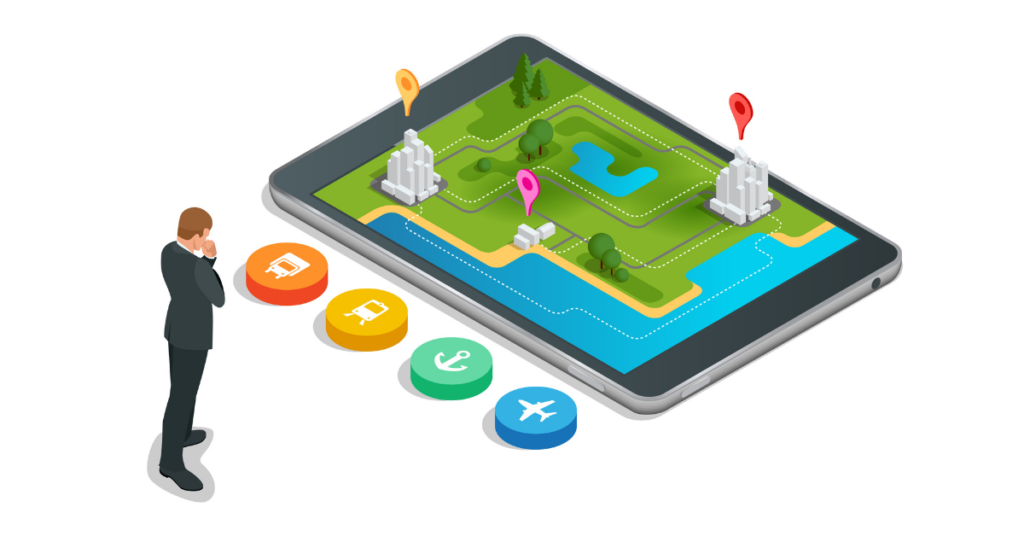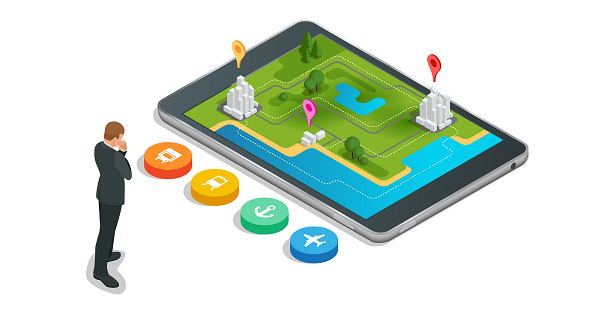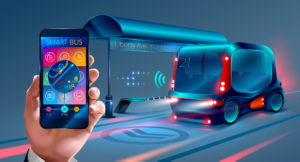How can MaaS redefine the concept of Multimodal transport?
With fast-growing digital environments, the concept of on-demand transport has enriched its existing approach to Multimodal transport. It refers to a through user experience where more than one type of transport mode is combined to offer the most optimal way to reach the destination.
A well-coordinated omnichannel digital transport network offers mixing and matching of the different types of transport channels as per the availability and requirement of the user. It provides a smooth and swift travel experience to the end-user. And intercity travel is no exception.
In this write-up, we have mapped how multimodal transport can strengthen travel behaviour and how an entrepreneur can reach the required touchpoints.
- The demand for multimodal travel
- The theory behind “first-convenience transportation”!
- MaaS and Multimodal Transport- Get more for less!
- The future of Mobility- MaaS
- How can Jugnoo help your mobility business?
The demand for multimodal travel- A better edge in the competitive market
Multimodal travel is centred on using several modes of transportation to come to a particular destination. For example, a person might bike to the shuttle station, take the shuttle and then book a cab to reach the goal. In a single customer journey, numerous forms of transportation have been incorporated.
Advocates have claimed that there is a need to redesign the urban infrastructure smartly and precisely to ensure that it better accommodates the market’s needs. Hence, building better-integrated transportation with a robust digital channel can make the process of multimodal transportation a successful hit. The urban population has well embraced the idea. It might not be the standard transportation till now, but it is mainly millennial influenced, and if integrated with innovative software solutions- it can be huge in the competition.
The theory behind “first-convenience transportation”!
If we discuss transport options for the future, we must look out for better user experiences. It is the seed to gain traction among larger audiences. Contrary to idealists’ belief, “first-convenience transportation” will be outweighed more in the coming times. The art of prioritising convenience, cost and usability of multimodal transportation will hold all the benefits of making a permanent stay in the market.
To take the initial steps forward, Uber had recently announced that they are going to invest in Lime- a renowned electric-bike and -scooter-sharing start-up. It hints at the upcoming process of branding Uber on scooter-sharing vehicles.

MaaS and Multimodal Transport- Get more for less!
“Allocate the existing resources with enhanced mobility infrastructures”!
For instance, the integrated shared modes- carshare, ride-hailing, or bike-share, redesign their working process to flaunt the increased convenience and time among the users. A shared micro-mobility program has the potential to enhance the livability score of start-ups and work for a compact community. The intelligent decision will alter the rhythm and rituals of daily commute passengers and add proficiency in their travelling behaviour.
The future of Mobility- MaaS
Experts believe that multimodal and motorized vehicles will be the future of Mobility. Let us evaluate the predictability factor for the same. For instance, people living in the city need a vehicle to travel around the area and make short or long trips. For short or quick trips, bikes can be an intelligent option. Bikes will allow the transit to avoid congestion in priority lanes. But when it comes to going for a long trip, cars will be a preferable mode of transport instead of bikes.
Economic choices have to play a significant role in shaping the transport industry. The shared ride-hailing options, the in-built navigation transfers, seamless digital transactions for every ride are seed factors to let a start-up in the mobility sector grow abundantly.
Hence, owning the transit apps, carsharing, and ridesharing apps with active GPS and instant access has become the essential need for the mobility business. The low-cost dynamic pick-ups and drop-offs win the sustainability vote of customers. A fleet that outreaches the customers through autonomous vehicles multiplies its preferability in the competition. If all things fall into place, the final choice of every traveller would be multimodal transport. The future is all about options in Mobility.
How can Jugnoo help your mobility business?
As a start-up in the mobility industry, you need to focus on two essential factors- integrated and seamless mobility. The services should embody the futuristic vision of providing customized door-to-door transport and customized trips and payment options. The MaaS concept allows for a practical shift from segmented and unimodal transport to centralized and multimodal transport. Jugnoo can serve as your one-stop destination to implement all the required digital transformation in your mobility business.
If you are a start-up or are planning to launch your mobility business, talk to our team and know how you can make your mobility business profitable with its launch.





